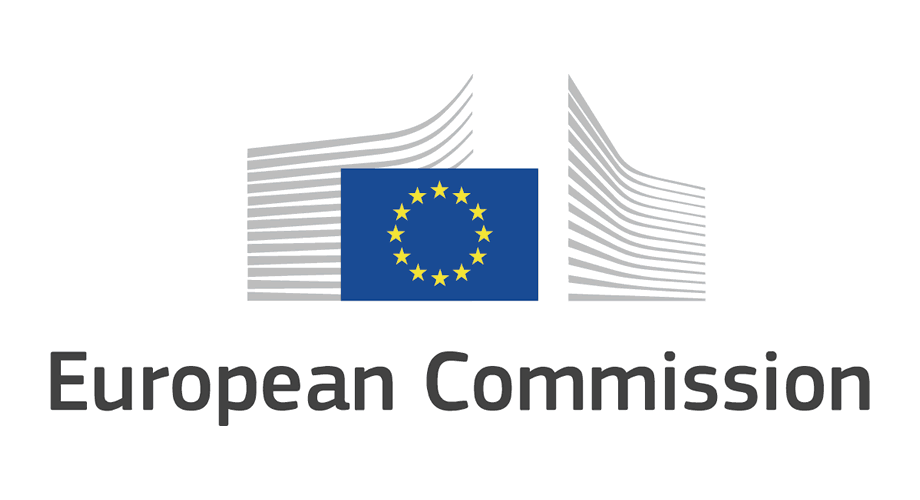The European Commission has proposed new EU-wide rules on packaging under the proposed legislation on Packaging and Packaging Waste
It is estimated that Europeans generate around 180 kg of packaging waste annually, per capita. Without any action taken, the EU would see a 19% increase in packaging waste by 2030, and for plastic packaging waste a 46% increase.
The proposals are key building blocks of the European Green Deal’s Circular Economy Action Plan and its objective to make sustainable products the norm.
The proposed legislation has three main objectives. First, to prevent the generation of packaging waste: restrict unnecessary packaging and promote reusable and refillable packaging solutions. Second, to boost high quality recycling: make all packaging on the EU market recyclable in an economically viable way by 2030. And finally, to reduce the need for primary natural resources and create a well-functioning market for secondary raw materials, increasing the use of recycled plastics in packaging through mandatory targets.
Though the proposal may be extensive, we can summarise it in the following points:
- The main target is to reduce packaging waste by 15% by 2040 per Member State per capita, compared to 2018. It will happen through both reuse and recycling.
- Companies will have to offer a certain percentage of their products to consumers in reusable or refillable packaging. There will also be some standardisation of packaging formats and clear labelling of reusable packaging.
- Certain forms of packaging will be banned, for example single-use packaging for food and beverages when consumed inside restaurants and cafes.
- Mandatory rates of recycled content that producers have to include in new plastic packaging.
Every piece of packaging will carry a label showing what the packaging is made of and in which waste stream it should go in order to avoid confusion. Waste collection containers will carry the same labels everywhere in the EU.
Single-use packaging industries will have to invest into a transition, but the overall economic and job creation impact in the EU is positive. Boosting reuse alone is expected to lead to more than 600,000 jobs in the reuse sector by 2030, many of them at local small and medium sized companies. Measures are also expected to save money: Europeans could save almost €100 per year, if businesses translate savings to consumers.
Biomass used to produce biobased plastics must be sustainably sourced, with no harm to the environment and producers should prioritise the use of organic waste and by-products as feedstock. To fight greenwashing and, producers need to avoid generic claims on plastic products such as ‘bioplastics’ and ‘biobased’, and instead should refer to the exact and measurable share of biobased plastic content in the product (for example: ‘the product contains 50% biobased plastic content’). They must also be labelled to show how long they will take to biodegrade, under which circumstances and in which environment.
Industrially compostable plastics should only be used when they have environmental benefits, they do not negatively affect the quality of the compost and when there is a proper biowaste collection and treatment system in place. Industrially compostable packaging will only be allowed for tea bags, filter coffee pods and pads, fruit and vegetable stickers, and very light plastic bags. The products must always specify that they are certified for industrial composting, in line with EU standards.
By 2030, the proposed measures would bring GHG emissions from packaging down to 43 million tonnes compared to 66 million if no action is taken. Water use would be reduced by 1.1 million m3. The costs of environmental damage for the economy and society would be reduced by €6.4 billion relative to the baseline 2030.
This proposal on packaging and packaging waste will now be considered by the European Parliament and the Council, in the ordinary legislative procedure.






